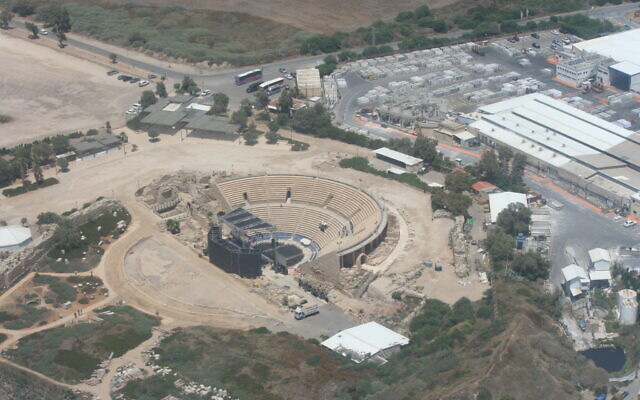Australia is set to ban imports of Caesarstone, an engineered household countertop material developed in Israel that has been linked to increased incidence of silicosis, an irreversible lung disease, among those who work with the material.
Silicosis can be contracted by inhaling silica dust particles produced during manufacturing, such as drying the material, a typical method for kitchen and bathroom countertops.
On Tuesday, ministers responsible for workplace health and safety across the island nation unanimously agreed to launch a plan to temporarily ban imports of the product.
“The number of Australians with silicosis is increasing,” federal workplace relations minister Tony Burke told local radio. “That’s part of the reason. If you can control it easily, you wouldn’t even consider banning it.”
Australia will be the first country to ban the product, although New Zealand has indicated it is eyeing a similar move.
The decision comes after a powerful local construction union threatened to independently ban the use, manufacture and import of the stone until July 2024 if the government did not act.
Australian imports of the material, considered a cheaper alternative to marble and granite, represent 18 percent, or $116 million, of Caesarstone’s revenue, Calcalist, an Israeli business daily, reported.
Responding to Australian plans to ban its products, Caesarstone, which is headquartered in the Israeli coastal city of Caesarea, told Calculist that “it harms anyone working with the material” and that it is committed to disease prevention. expressed his commitment to
In Australia, more than 70 cases of construction workers with silicosis were suing their employers over workplace hazards, and 275,000 were said to be at risk, according to a Curtin University study.
As of December 2021, Caesarstone was involved in 38 cases in Australia of people who contracted silicosis, said the company’s annual report for that year.
The company has previously argued that its product is not dangerous if used properly.

